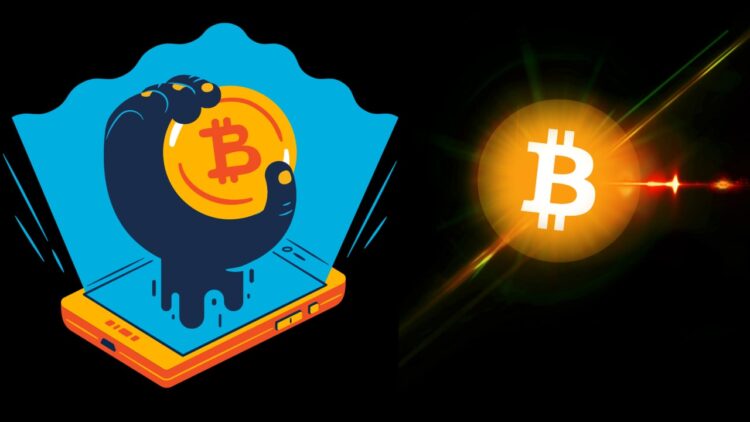Amid opposition to bitcoin adoption, particularly in Africa by the International Monetary Fund (IMF) and few financial organizations, its global adoption continues to increase as countries, and financial institutions integrate it.
At first, the adoption of Bitcoin was relatively slow when it was launched by Satoshi Nakamoto in 2009, as it took several months to get early adopters on board and establish its dollar-based value. Laszlo Hanyecz, a Florida resident, traded 10,000 BTC to get two pizzas in 2010. It was the first official transaction using Bitcoin. Then bitcoin value surged from $0 to $29.02, with early usage limited to trading via forums and cryptocurrency exchanges – part of the First Epoch.
Gradually, its acceptance grew until 2016, when there was significant adoption of the digital currency, its price climbed to over $900 and broke through $2,000 in mid-May 2017, and then exploded to $19,345.49, marking a significant acceptance of Bitcoin- Epoch 3
It is worth noting that Satoshi Nakamoto gave 33 epochs spanning 130 years to kick start the global currency revolution (adoption of digital currencies).
Currently, we are in the fourth epoch, and as of now, there is a substantial global adoption of bitcoin, suggesting its acceptance has increased very much faster than planned. As of now, many companies such as MicroStrategy and Tesla have added Bitcoin to their balance sheets.
However, the IMF and Bank of Canada did not welcome this development, especially the increasing Bitcoin acceptance in African countries. Recently, IMF officials urged El Salvador to withdraw its status of Bitcoin as legal tender and also condemned the recent adoption of bitcoin by the Central African Republic.
But by all indications, its acceptance is inevitable as various institutions have expressed interest in Bitcoin and are currently accepting Bitcoin as a form of payment. Notable ones include Microsoft, Subway, KFC, and Twitch. Also, the addition of Bitcoin by institutional investors to their investment portfolio, prompting retail investors to include it, significantly enhanced its mainstream acceptance.
Furthermore, the adoption of bitcoin by El Salvador and the Central African Republic and the mainstream adoption point to the inevitable adoption of bitcoin as legal tender even if the financial institutions try hard to kick against it.










